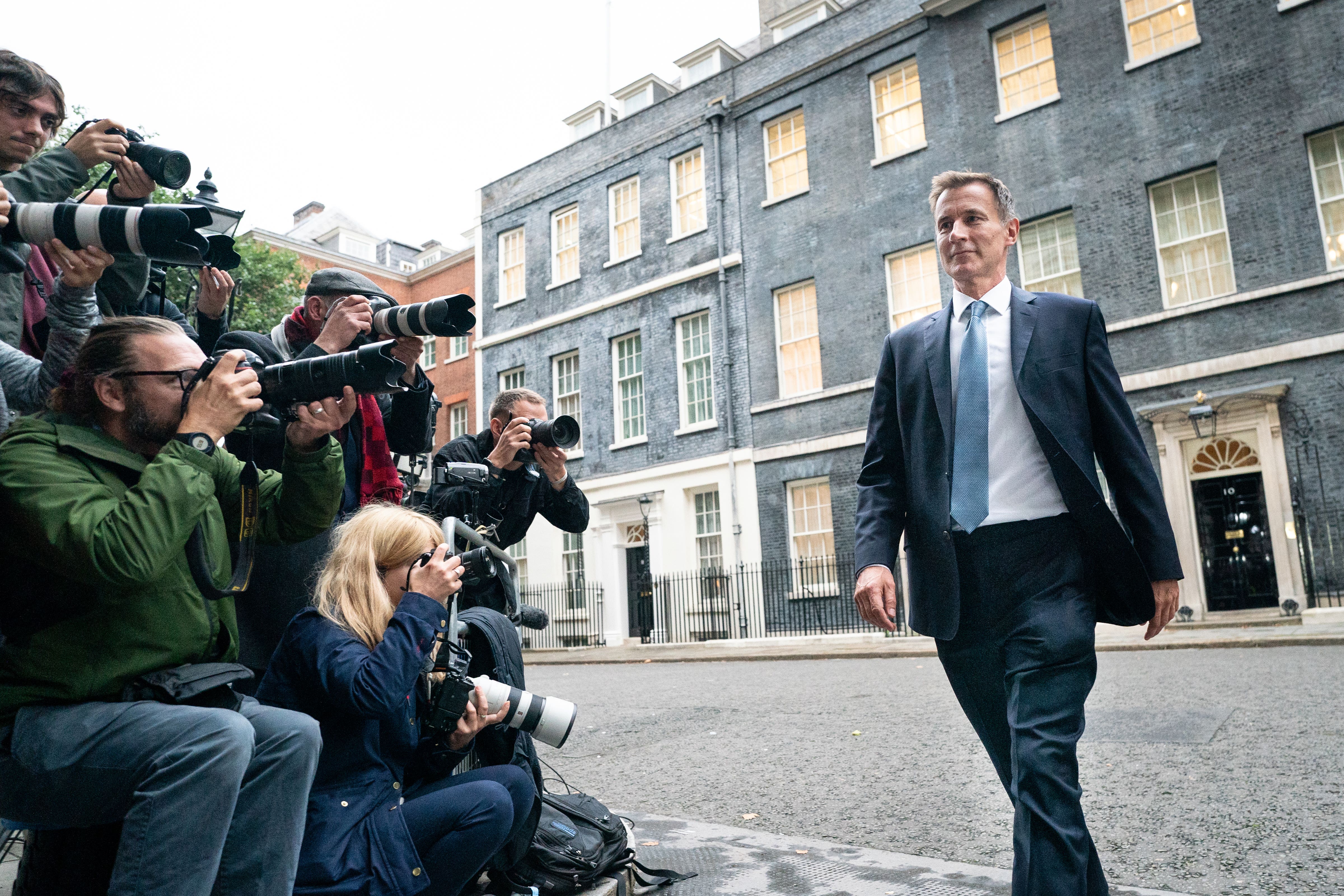Reversal of national insurance hike comes into effect
It is one of few policies from Kwasi Kwarteng’s mini-budget to be implemented.

Your support helps us to tell the story
From reproductive rights to climate change to Big Tech, The Independent is on the ground when the story is developing. Whether it's investigating the financials of Elon Musk's pro-Trump PAC or producing our latest documentary, 'The A Word', which shines a light on the American women fighting for reproductive rights, we know how important it is to parse out the facts from the messaging.
At such a critical moment in US history, we need reporters on the ground. Your donation allows us to keep sending journalists to speak to both sides of the story.
The Independent is trusted by Americans across the entire political spectrum. And unlike many other quality news outlets, we choose not to lock Americans out of our reporting and analysis with paywalls. We believe quality journalism should be available to everyone, paid for by those who can afford it.
Your support makes all the difference.The cancellation of the 1.25 percentage point rise in national insurance has come into effect today.
The rise was introduced by Boris Johnson’s government, with Rishi Sunak as chancellor, in April and reversed by former chancellor Kwasi Kwarteng in his infamous mini-budget last month.
Its scrapping is one of few economic policies introduced by Liz Truss and Mr Kwarteng that was not axed by Jeremy Hunt and has stayed in place with Mr Sunak as Prime Minister.
The levy was devised by Mr Sunak when he was chancellor to pay for social care and deal with the NHS backlog.
Back in January, Mr Johnson and Mr Sunak insisted that it is right to follow through on the “progressive” policy.
“We must clear the Covid backlogs, with our plan for health and social care – and now is the time to stick to that plan. We must go ahead with the health and care levy. It is the right plan,” they said.
“It is progressive, in the sense that the burden falls most on those who can most afford it.
“Every single penny of that £39 billion will go on these crucial objectives – including nine million more checks, scans and operations, and 50,000 more nurses, as well as boosting social care.”
When announcing the reversal, the Treasury said most employees will receive a cut to their national insurance contribution directly via their employer’s payroll in their November pay, although some may be delayed to December or January.
The levy was expected to raise around £13 billion a year to fund social care and deal with the NHS backlog which has built up due to the Covid pandemic.